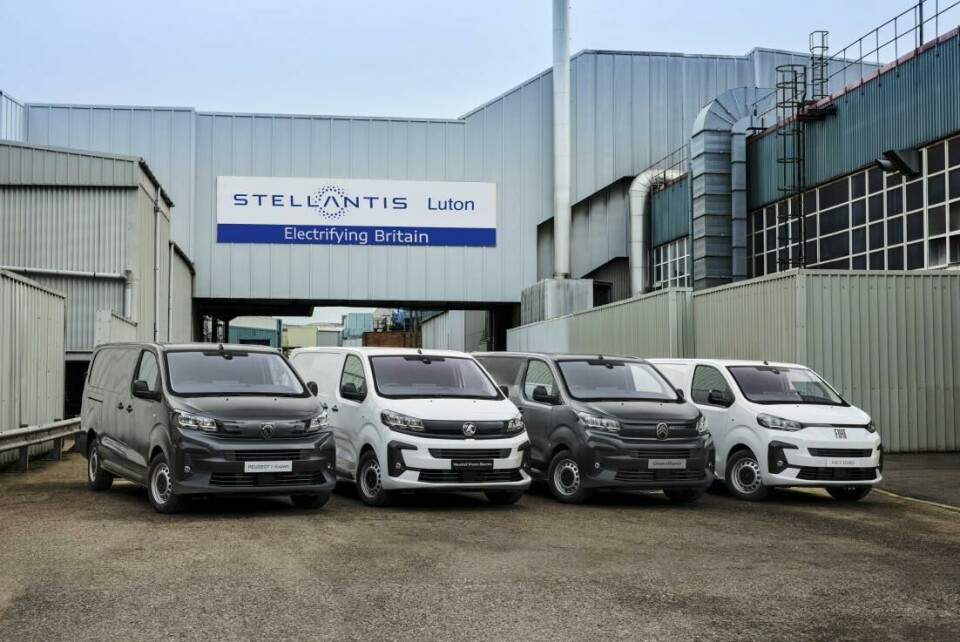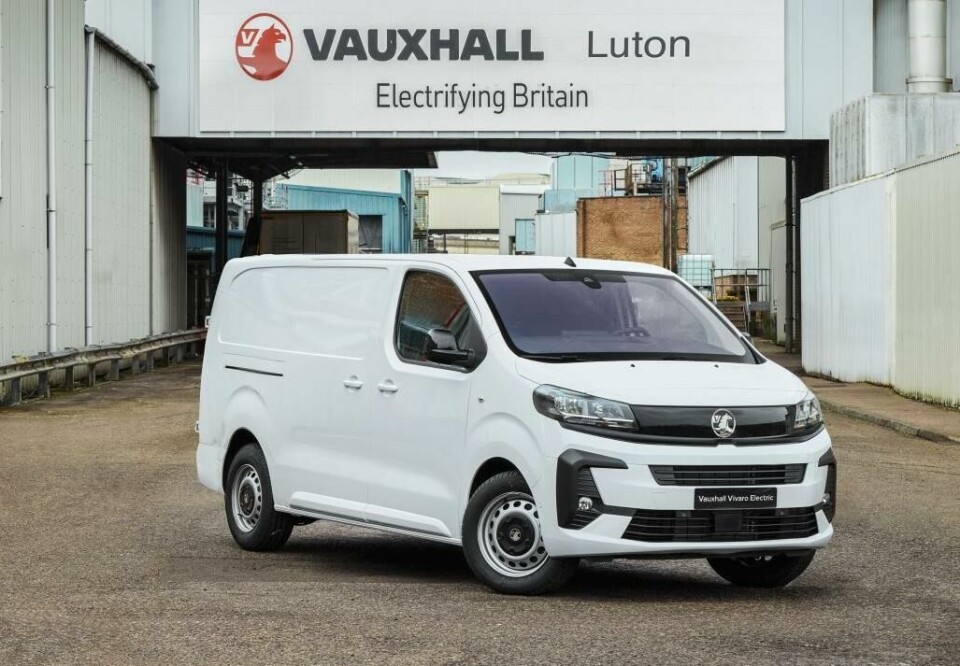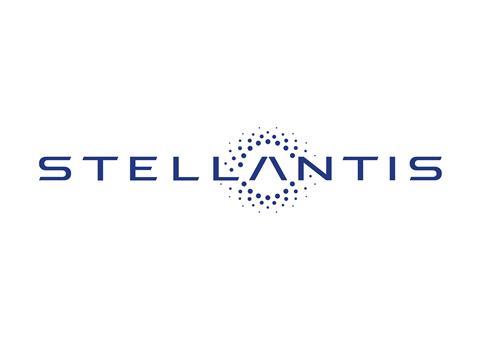Vauxhall charges ahead: Luton facility set to electrify with Vivaro Electric production from 2025 spearheading Stellantis’ UK EV manufacturing expansion
Luton’s historic automotive hub embraces electric future: Vivaro Electric joins Stellantis’ lineup, marking a significant milestone in the UK’s automotive electrification journey

Vauxhall has announced plans to kickstart limited production of its medium electric van, the Vivaro Electric, at its renowned manufacturing facility in Luton starting in the first half of 2025.
Scheduled to commence during the spring of next year, the production launch will position Luton as the second Stellantis plant in the UK to delve into electric vehicle (EV) manufacturing. The move follows the successful electrification transformation witnessed at Ellesmere Port in 2023, where the Vauxhall Combo Electric marked the inauguration of the UK’s premier electric-only volume manufacturing plant. Luton’s transition echoes Stellantis’ commitment to electrify all van-producing sites across Europe.
The Luton plant is set to roll out the fully electric Vauxhall Vivaro Electric, alongside its counterparts from Opel, Peugeot, Citroën, and Fiat Professional, catering to both right and left-hand drive markets. While primarily focused on fulfilling the demands of the UK Right Hand Drive market, the facility will also cater to Left Hand Drive markets.
Stellantis leads the van manufacturing landscape in Europe, capturing a 30.4% market share in 2023 and commanding 38.8% of the European electric van market
This expansion in production does not overshadow the continued manufacturing of internal combustion engine (ICE) vans, which will run parallel to the electric variants.
Mark Noble, Luton Plant Director & Stellantis UK Manufacturing Lead, commented: “Following the transformation of our Ellesmere Port facility to produce all-electric compact vans, I’m pleased to announce that we will commence limited production of our medium electric van in Luton from next year, when the first customer vehicles will roll off the production line. This is a fitting way to mark Luton’s 120th anniversary.”

Maria Grazia Davino, Group Managing Director, Stellantis UK, added: “Whilst this decision demonstrates Stellantis’ confidence in the plant, this first step in its re-development towards a fully electric future requires the UK Government to stimulate more demand in the electric vehicle market and support manufacturers that invest in the UK for a sustainable transition.”
Luton’s importance as a production hub
Having commenced operations in 1905, Luton has been an integral part of Vauxhall’s manufacturing legacy for over a century. The plant’s journey began with the assembly of the first commercial vehicles in 1932, with iconic models like the ‘VYC’ and ‘VXC’ panel vans marking its early production milestones.
Over the years, Luton has continued to be the birthplace of various popular commercial vehicles for Vauxhall, including the Vivaro which debuted in 2001.
The facility underwent significant upgrades recently as part of Stellantis’ broader refresh of its light commercial vehicle lineup. Besides Vauxhall, the plant also manufactures sister models for Peugeot, Citroën, Opel, and Fiat Professional.
Among the pioneering electric vehicles to emerge from Luton, the New Vauxhall Vivaro Electric boasts a 75kWh battery coupled with a 100kW (136PS) electric motor, offering an impressive range of up to 217 miles (WLTP). Furthermore, its rapid charging capability allows for a 5-80% charge completion in just 45 minutes from a 100kW rapid charger.
Leading European van production
Stellantis leads the van manufacturing landscape in Europe, capturing a 30.4% market share in 2023 and commanding 38.8% of the European electric van market. In the UK, Stellantis accounted for 47.9% of the electric van market last year, with Vauxhall emerging as the best-selling manufacturer and the Vivaro Electric securing the top spot as the number one electric van in the UK.
Vauxhall, Peugeot, Citroën, and Fiat Professional presently stand as the sole mainstream automotive brands engaged in van production within the United Kingdom. Alongside the Luton plant, these manufacturers also operate at Ellesmere Port, the UK’s pioneering electric vehicle-only volume manufacturing plant and the first Stellantis facility globally dedicated to electric vehicles.



